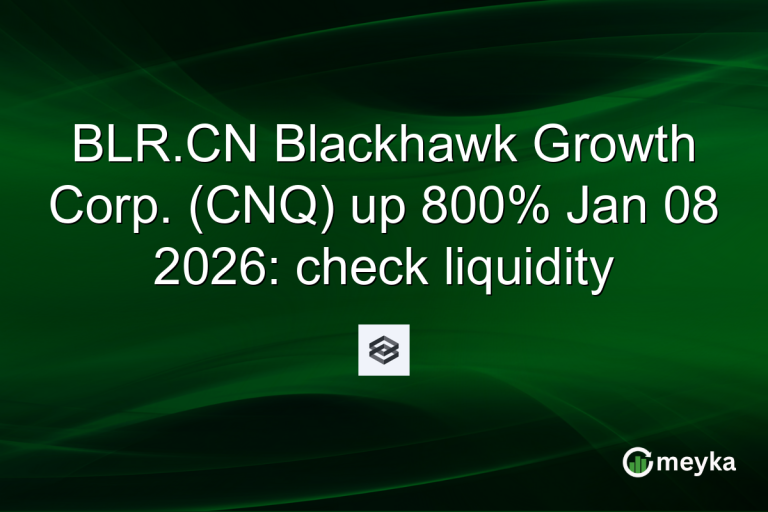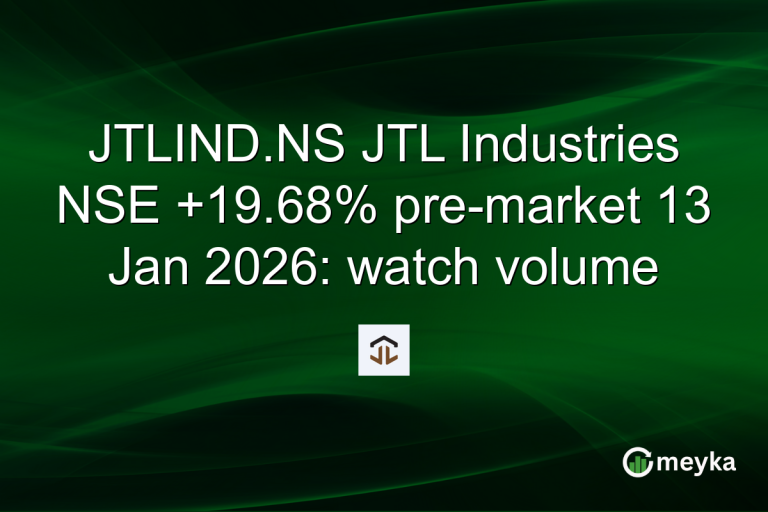Japan’s J-Alert System: Impacts on Economic Stability
Japan’s J-Alert system, a nationwide warning mechanism, plays a critical role in maintaining national security Japan. Amid rising geopolitical tensions, the system’s impact on economic stability Japan has become increasingly significant. As alerts escalate, investor confidence can waver, influencing market dynamics. Understanding its effects is crucial as Japan navigates complex security landscapes. This article delves into how these alerts interact with economic factors and what investors should anticipate.
Continue Reading on Meyka
This article is available in full on our main platform. Get access to complete analysis, stock insights, and more.
Read Full Article →





